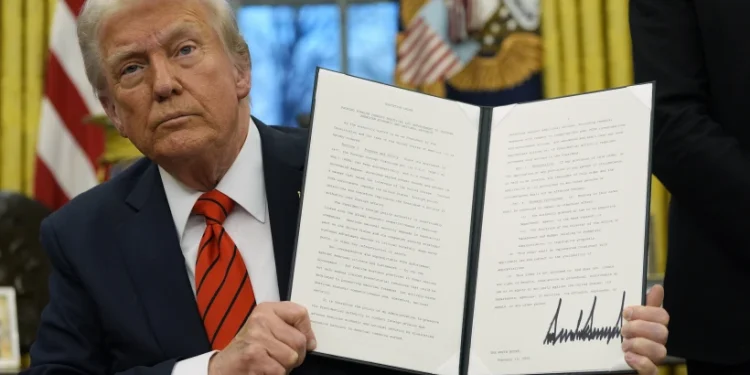By Richard Messick
On February 10, President Trump ordered a pause in the enforcement of the FCPA. His executive order claimed that its enforcement damaged American businesses while “impeding United States’ foreign policy objectives.” The order directed Attorney General Pamela Bondi to stop enforcing the act for 180 days to provide time to assess current enforcement policy and update the Department’s enforcement guidelines.
During the pause, some cases proceeded as normal. One FCPA defendant was sentenced and trials in three cases remained at least provisionally on track (here).
Other cases were derailed. One against two former executives of Cognizant Technology Solutions was dismissed, and several FCPA practitioners reported investigations they were handling were halted.
No official data on the number of investigations or cases were dropped has been released, but there are insider reports.
A July Just Security post coauthored by a senior Biden DoJ official cites a source claiming that during the pause nearly half of the FCPA investigations the Trump Administration inherited were scrapped (here). The Wall Street Journal reported the same figure only with a different timeline. Citing senior Justice Department officials, it said half the pending FCPA cases would be dismissed once the pause was lifted (here).
The one publicly confirmed closure involved Toyota. The company disclosed on its June 2025 20-F that DOJ had closed a long-running investigation into allegations its Thai subsidiary had paid a judge $18 million to overturn a $320 million judgement against it (here). (Public Citizen reported the company had donated a $1 million to Trump’s inauguration (here).)
The new FCPA enforcement guidelines were issued in June (here). Tersely written, they set forth broad principles designed to limit “undue burdens on American companies that operate abroad and [target] enforcement actions against conduct that directly undermines U.S. national interests.” How they will play out in practice remains to be seen.
The first two enforcement actions since their issuance provide little cause for concern. In August Liberty Mutual Insurance agreed to disgorge $4.7 million in profits arising from bribery in India in return for the DoJ agreeing not to prosecute it (here). Several FCPA practitioners have observed that the settlement is consistent with past practice. The company’s self-disclosure, cooperation, remediation, and the absence of aggravating factors all led to a favourable resolution.
Likewise, the first FCPA indictment since the guidelines were issued breaks no new ground. Two Mexican businessmen, permanent U.S. residents, were charged with paying some $175,000 in cash and gifts to Pemex officials in return for contracts worth some $2.5 million (here). The only notable difference from past practice was the inclusion in the indictment of irrelevant references to cartel ties and violence, possibly to align with new national security policy goals.
Whatever effect the guidelines ultimately have on enforcement of the FCPA, there will most certainly be fewer cases pursued. Simply because there will be fewer people to conduct them. The SEC’s FCPA unit is said to have been disbanded. The FCPA section in DoJ has reportedly been reduced from 35 to 10 through resignations, transfers, or secondments. All the most experienced attorneys are among those let go.
On the other hand, the new, presumably more lenient enforcement guidelines and the staffing cuts may be of little consequence thanks to existence of an FCPA compliance industry. Vigorous enforcement of the FCPA brought forth a plethora of lawyers, accountants, and consultants to advise companies on how to comply with the FCPA. That industry remains intact, and members are warning clients not to let their guard down (e.g. here.)
The five-year statute of limitation on FCPA prosecutions means Trump’s successor would have time to bring any case his DoJ passed on. Compliance personnel also remind clients there are state laws, notably various California statutes, under which state prosecutions for foreign bribery and private suits for damages could be filed. Moreover, shortly after the pause was announced, the U.K., France, and Switzerland signed a pact promising to step up foreign bribery prosecutions (here).
Finally, the United States is a party to the OECD Anti-bribery Convention (and indeed was the driving force behind its development and adoption — here). The Convention requires each party to prosecute its nationals and companies for bribing a foreign public official and to ensure that prosecutions are not “influenced by considerations of national economic interest.”
The Convention’s Working Group on Bribery will meet in December to assess how well each party is complying with this provision. Perhaps the need to explain to peers how the U.S. intends to enforce the FCPA during the Trump Administration will temper how the DoJ interprets the new guidelines.













